Contents
This essay explores the future challenges facing education and how they can be addressed. From the impact of technology to changing societal needs, the article provides insights into how we can adapt our educational systems to prepare students for the challenges of tomorrow. Whether you’re a student, educator, or simply interested in the future of education, this essay is a must-read.
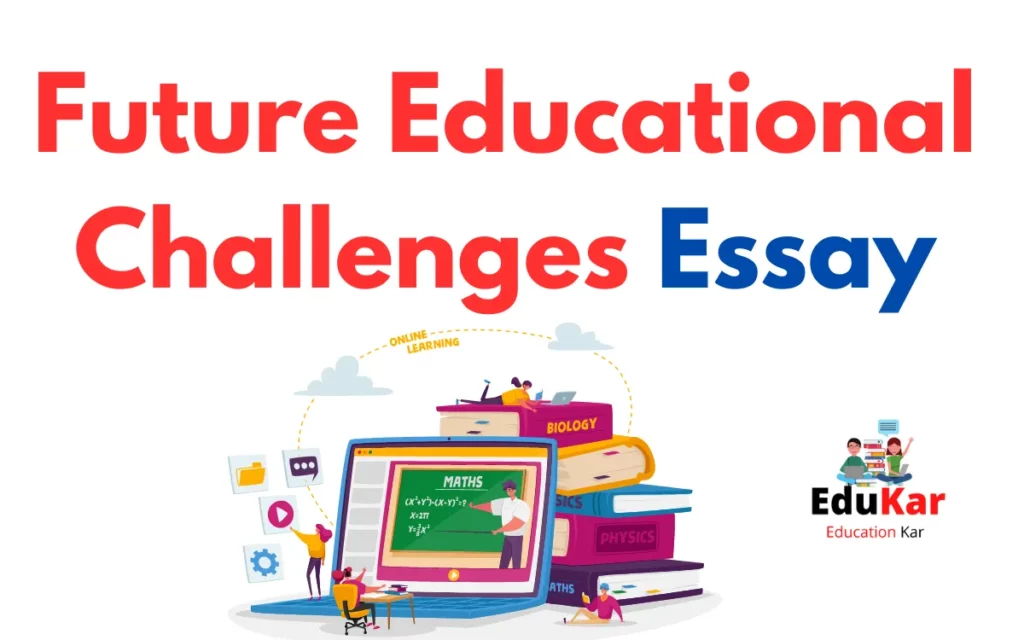
Introduction
Education is a critical aspect of society, serving as a foundation for growth and development. The future of education is essential to address, as the challenges of tomorrow require solutions that necessitate a well-educated population. The increasing complexity of global challenges requires comprehensive solutions, and education is at the forefront of these solutions. In this essay, I will discuss the most significant challenges facing education and the potential solutions to these challenges.
Increasing Access to Education
One of the most significant challenges facing education is the lack of access to education for certain populations. This lack of access to education can stem from several factors, such as geographic location, social status, and financial constraints. This disparity is especially noticeable in developing countries, where millions of children do not have access to quality education. According to UNESCO, approximately 258 million children worldwide do not attend school.
Advancements in technology have played a significant role in improving access to education, especially in remote areas. Online learning platforms and other digital technologies provide access to high-quality educational resources that were previously unavailable to students. For instance, in 2020, when schools were closed due to the Covid-19 pandemic, many schools shifted to online classes, ensuring that education continued.
However, technology alone is not enough to address the issue of access to education. Addressing systemic barriers to education, such as poverty and social inequality, is crucial to increase access to education. Governments must invest in infrastructure to ensure schools are available in all areas. Additionally, governments can introduce programs to ensure access to quality education for all, such as free education or subsidies for low-income families.
Changing Nature of Work
The job market is rapidly changing, and traditional jobs are evolving, making it challenging to prepare students for a job market that does not yet exist. The World Economic Forum estimates that by 2025, over half of all employees will require significant reskilling and upskilling. This change requires a more flexible approach to education that emphasizes practical, adaptable skills rather than rote learning. Soft skills such as critical thinking, collaboration, and communication are critical for the modern workforce.
To prepare students for the future job market, educators must focus on developing practical skills and encourage creativity and innovation. Emphasizing a more project-based approach to learning, where students can apply the skills they learn in real-world settings, can be an effective way to equip students with the necessary skills to succeed in the workforce. Providing internship opportunities can also give students the practical experience they need to prepare them for the workforce.
Education and Technology
The increasing role of technology in education has brought about several advantages, such as increased access to educational resources, enhanced collaboration, and improved communication. However, technology also has disadvantages, such as creating distractions, promoting cheating, and disengagement from the learning process. To address these issues, educators must balance technology with traditional teaching methods.
The integration of technology in the classroom should be used to supplement rather than replace traditional teaching methods. Educators must consider how technology can improve the learning experience and address any negative effects it might have. For instance, introducing online platforms for discussion, project-based learning, and collaborative work can be an effective way to integrate technology into the classroom. However, educators must also ensure that students are using technology appropriately and for the intended purposes.
Equity in Education
Despite significant progress in the education sector, there is still a significant achievement gap between different groups, particularly those from low-income backgrounds and students of color. According to the National Assessment of Educational Progress, low-income students lagged behind their higher-income peers by approximately 20 points in reading and math.
To address the achievement gap, educators must take steps to reduce discrimination in the classroom and promote diversity and inclusivity. Providing professional development training to teachers on topics such as implicit bias and cultural awareness can help teachers better serve diverse student populations
Furthermore, introducing programs to help support low-income and underrepresented students can help bridge the achievement gap. Programs such as free tutoring, mentoring, and afterschool programs can provide additional support to students who may struggle in a traditional classroom setting. Additionally, creating a diverse and inclusive environment can help to promote equity in education. Encouraging students to learn about and appreciate different cultures, promoting open dialogue and respect for different perspectives, can help to create a positive and welcoming learning environment for all students.
Lifelong Learning
The changing job market has made it increasingly important for individuals to engage in lifelong learning. Continuously upskilling and reskilling will become essential for employees to stay competitive in the job market. Educators must encourage a culture of lifelong learning, where students understand the importance of continued education.
To promote lifelong learning, educators must focus on developing critical thinking and problem-solving skills, as these are the skills that will be essential for future success. Providing opportunities for continued education, such as night classes, online courses, and community education programs, can help to promote lifelong learning. Additionally, employers and policymakers must work together to ensure that there are opportunities for individuals to acquire new skills and knowledge throughout their careers.
Environmental Education
Environmental education is becoming increasingly important as we face the challenges of climate change and environmental degradation. Educating students on the environment and the importance of conservation can help prepare the next generation to address these challenges. Environmental education can be incorporated into the curriculum across various subjects, from science and math to social studies and literature.
Incorporating environmental education into the curriculum can be done in several ways, such as introducing hands-on activities, field trips, and project-based learning. Encouraging students to become actively involved in environmental conservation efforts can also help to instill a sense of responsibility and stewardship for the environment.
Conclusion
The future of education is essential to address, as the challenges of tomorrow require solutions that necessitate a well-educated population. Addressing the challenges of access to education, the changing nature of work, technology in education, equity in education, lifelong learning, and environmental education is essential to ensure that we create a brighter future for generations to come. Educators and policymakers must work together to create an educational system that is adaptable, relevant, and effective in preparing students for the challenges of the future.
FAQs:
What is the “Future Educational Challenges Essay” about?
The essay explores the future challenges facing education and provides insights into how we can adapt our educational systems to prepare students for the challenges of tomorrow.
What are some key points that should be covered in an essay on Future Educational Challenges?
A: An essay on Future Educational Challenges should cover several key points, including: an overview of the current state of education, an analysis of emerging trends and challenges in the sector, an exploration of possible solutions and recommendations to address these challenges, and a discussion of the implications of these challenges for the future of education.


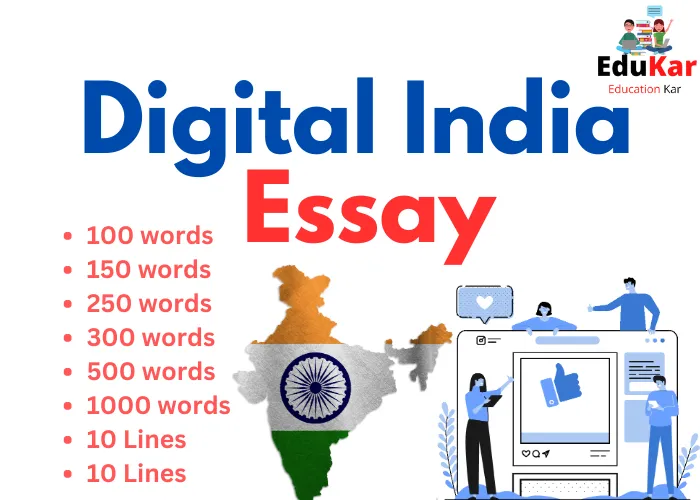

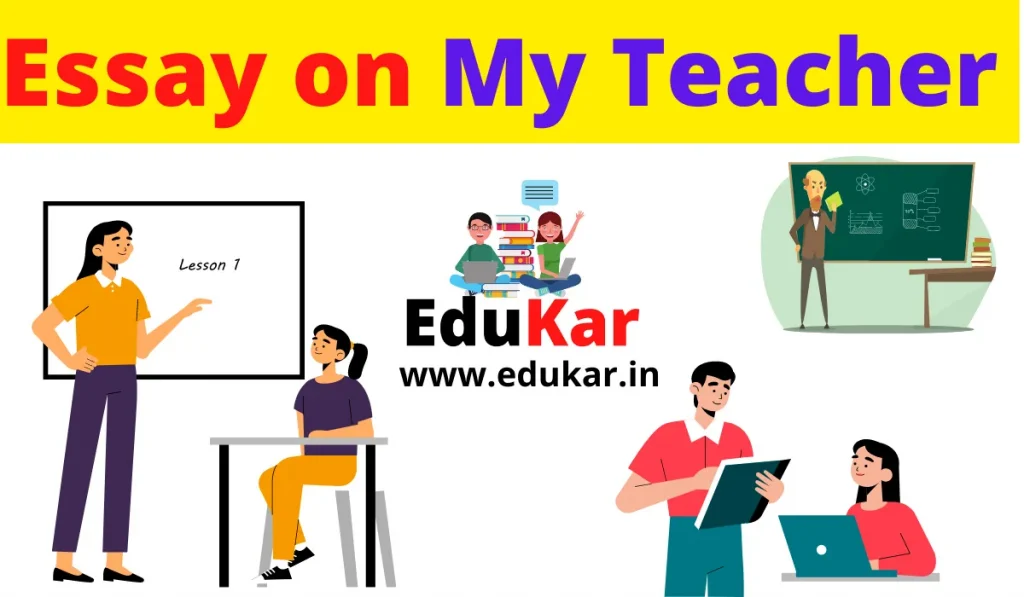
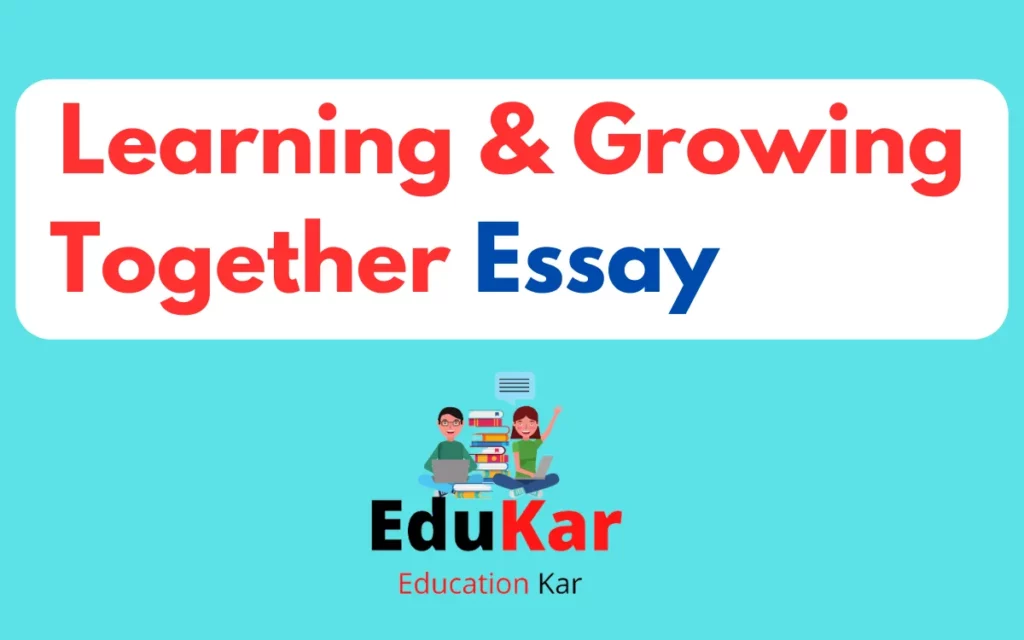
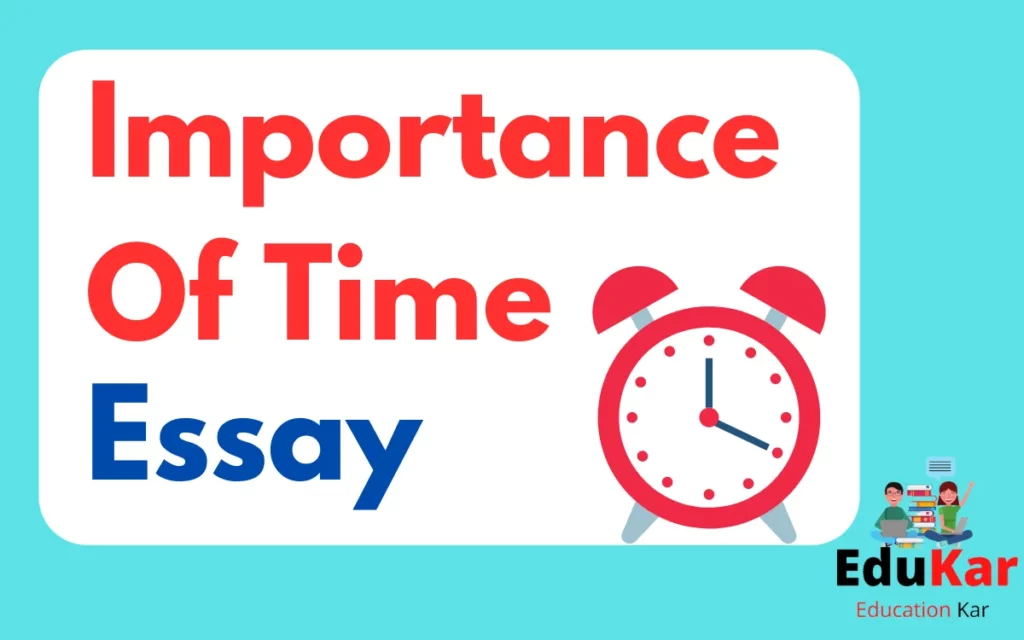


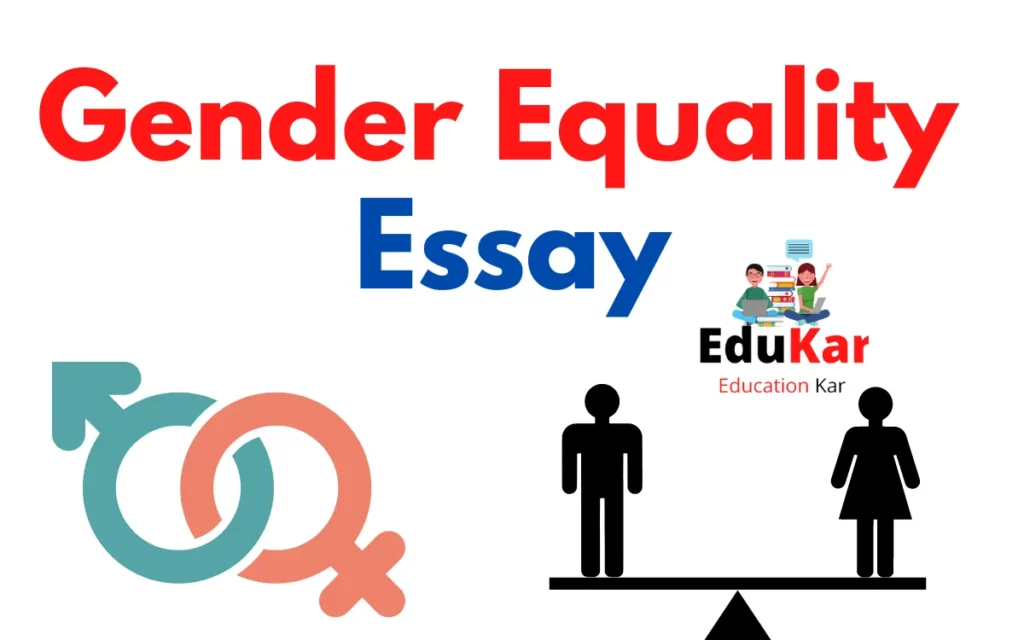


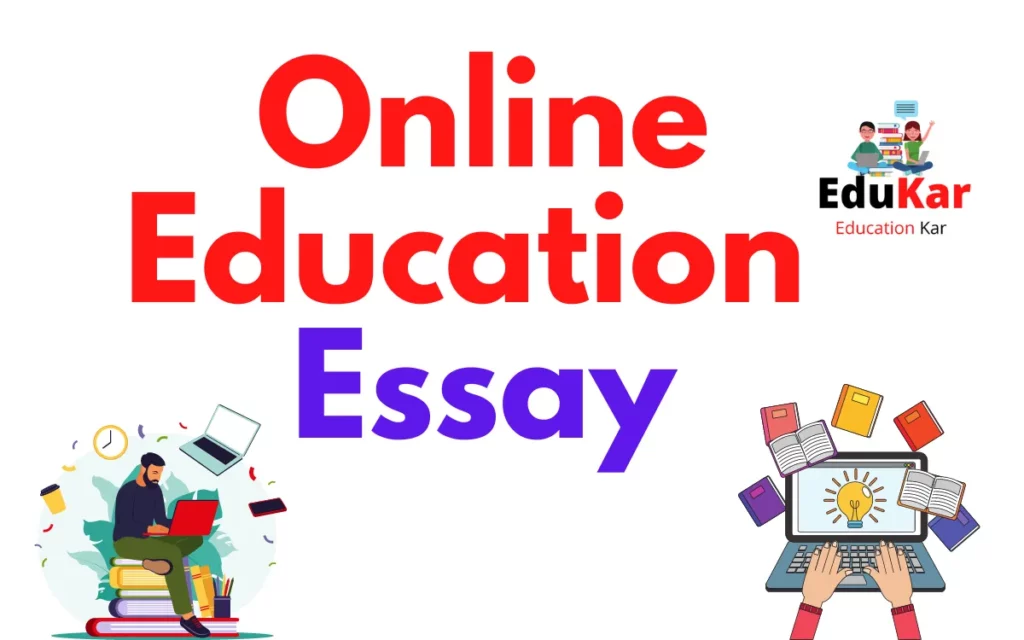
![Water is Life Essay in English [Class 4th, 5th, 6th,7th, 8th, 9th, 10th] Water is Life Essay](https://edukar.in/wp-content/uploads/2023/02/Water-is-Life-Essay-1024x640.webp)


